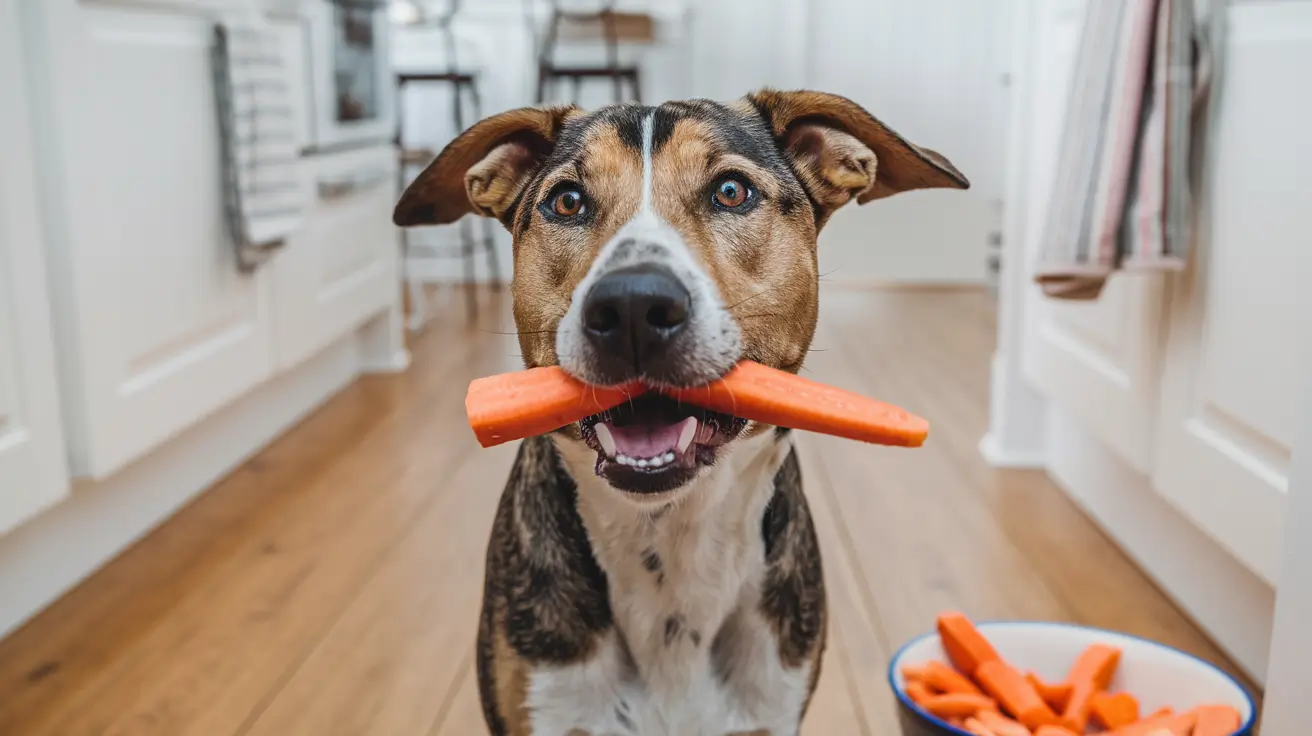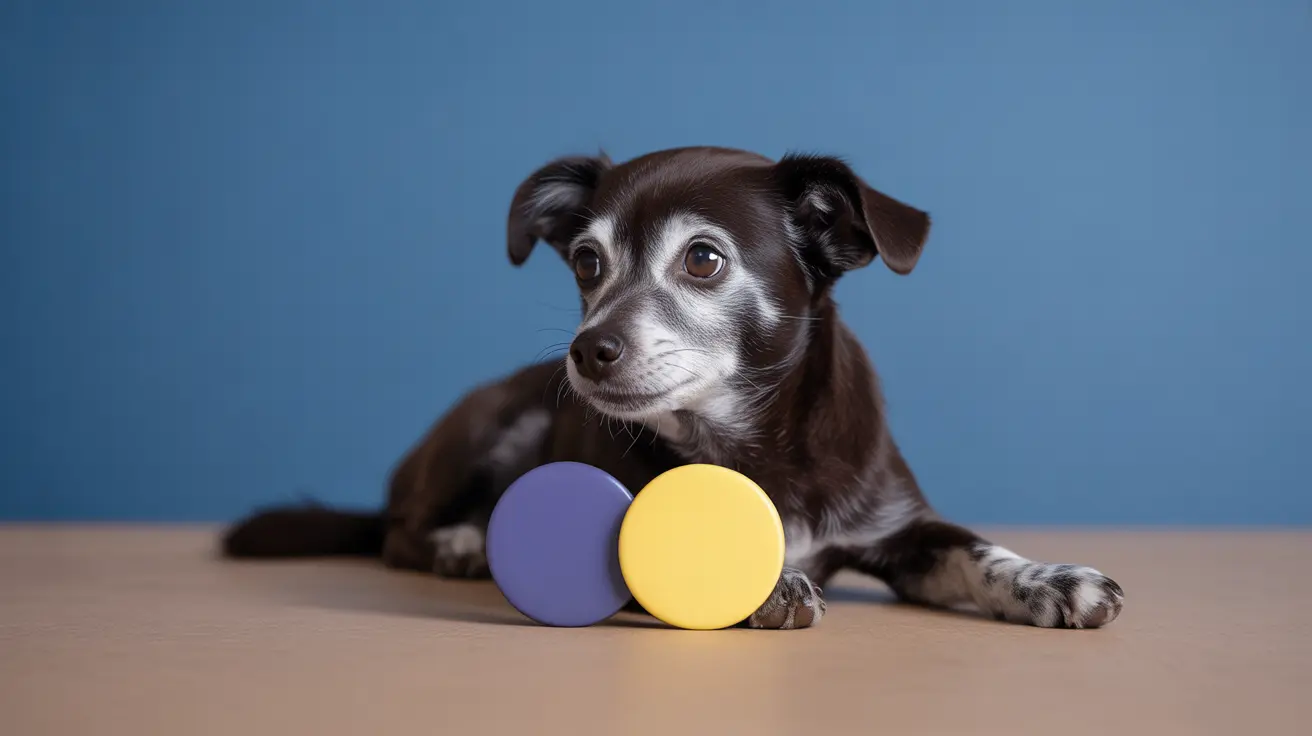Introduction: The Benefits of Carrots for Dogs
Carrots have become a popular choice among pet owners looking for a healthy, affordable treat for their dogs. Not only are they safe and nutritious, but most dogs also seem to love them. Carrots are an excellent option for both puppies and adult dogs, offering a satisfying crunch that appeals to their natural chewing instincts. Their low-calorie content makes them an ideal snack, contributing to overall health without adding unnecessary weight.
Understanding the Nutritional Value of Carrots
Carrots are packed with essential vitamins and minerals that can benefit your dog's health. They are an excellent source of Vitamin A, which is crucial for vision, immune function, and skin health. Vitamin K in carrots supports blood clotting, while potassium helps maintain healthy blood pressure and cardiovascular health. Additionally, carrots contain Vitamin B6, which plays a role in energy metabolism and brain function, and beta-carotene, an antioxidant that is a precursor to Vitamin A. Carrots also provide calcium for bone health, iron for red blood cell production, and are high in fiber, which aids in regulating stool and supporting digestive health.
Raw vs. Cooked Carrots: Which is Better?
Both raw and cooked carrots can be beneficial for dogs, but there are some differences to consider. Raw carrots should be thoroughly rinsed and cut into small, bite-sized pieces to prevent choking or intestinal blockage. While some vegetables lose nutrients when cooked, carrots actually release more nutrients when cooked. However, cooked carrots should also be cut into small slices and served plain, without any butter, oils, fats, seasonings, or spices. It's important to ensure cooked carrots are not too hot to avoid burning your dog's mouth.
The Dos and Don'ts of Feeding Carrots to Dogs
When feeding carrots to your dog, safety should be a top priority. Always cut carrots into small, manageable pieces to reduce the risk of choking. Avoid giving your dog frozen carrots, as they can pose a choking hazard and damage teeth. Carrot cake is also off-limits due to its high sugar content and potentially toxic ingredients. Remember, moderation is key; carrots should only make up 10% of your dog's diet, with the remaining 90% coming from a balanced dog food diet.
Potential Risks of Carrots for Dogs
While carrots are generally safe, there are potential risks to be aware of. Large pieces of carrot can become choking hazards or cause intestinal blockages. Carrots are also high in sugar, so they should be avoided in dogs with diabetes or obesity. Monitoring portion sizes and ensuring that carrots are a part of a balanced diet can help mitigate these risks.
How to Incorporate Carrots into Your Dog's Diet
There are various creative ways to serve carrots to your dog. You can cut raw carrots into small slices and offer them as treats or mix them into your dog's food bowl. Cooked carrots can be combined with other dog-safe foods like rice, green beans, or sweet potatoes. For a fun twist, blend cooked carrots and stuff the mixture into your dog's toy for a tasty challenge.
Portion Control: How Much is Too Much?
It's important to feed carrots in appropriate portions based on your dog's size and weight. For extra-small dogs (2–20 pounds), one or two carrot slices are sufficient. Small dogs (21–30 pounds) can have up to three slices, medium dogs (31–50 pounds) can have five or six slices, large dogs (51–90 pounds) can enjoy a handful, and extra-large dogs (91+ pounds) can have a large handful. Always keep treats to 10% of your dog's diet.
Recognizing Adverse Reactions
Even though carrots are healthy, some dogs may experience adverse reactions if they eat too many. Watch for symptoms like decreased appetite, fatigue, depression, discomfort, or excessive licking. More serious symptoms include vomiting, excessive diarrhea, and blood in vomit or stool. If any of these occur, contact your veterinarian immediately.
Conclusion: Making Carrots a Safe Part of Your Dog's Diet
Carrots can be a nutritious and enjoyable addition to your dog's diet when given in moderation and prepared safely. Always consult with your veterinarian before introducing new foods, especially if your dog has underlying health conditions. By following these guidelines, you can ensure that carrots are a safe and healthy treat for your furry friend.






